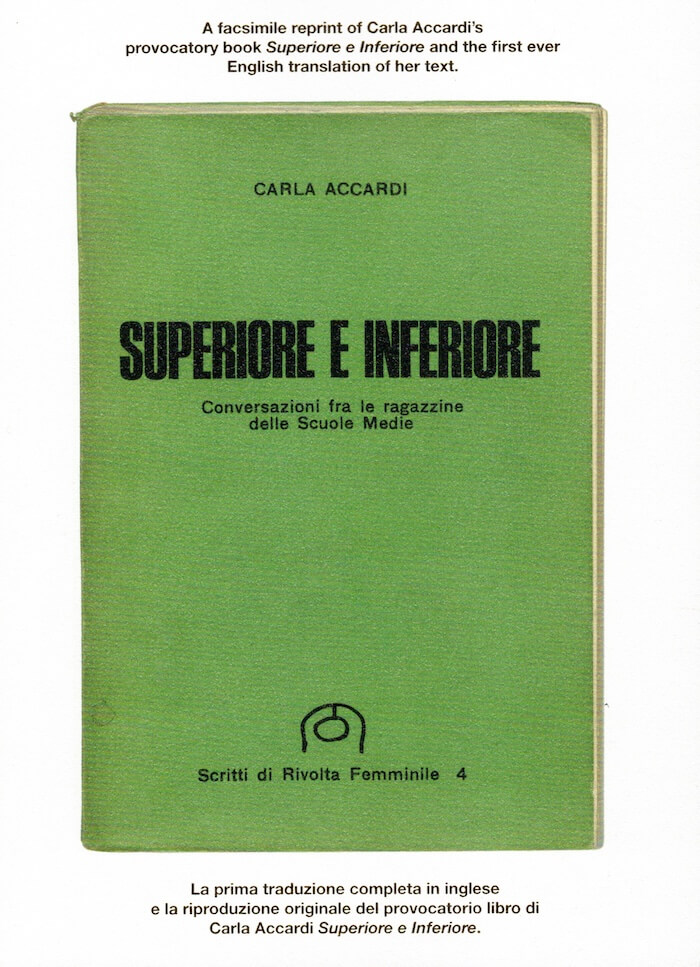
"Vögel / Birds"
The book (DE/EN) gathers a selection of five short stories and two poems written between 2018 – 2021 by Benedikt Bock.
1st edition (400)
Copy editing German original: Frederike Niebuhr (linguistic services)
Translation and Proofreading: Good and Cheap Translators





